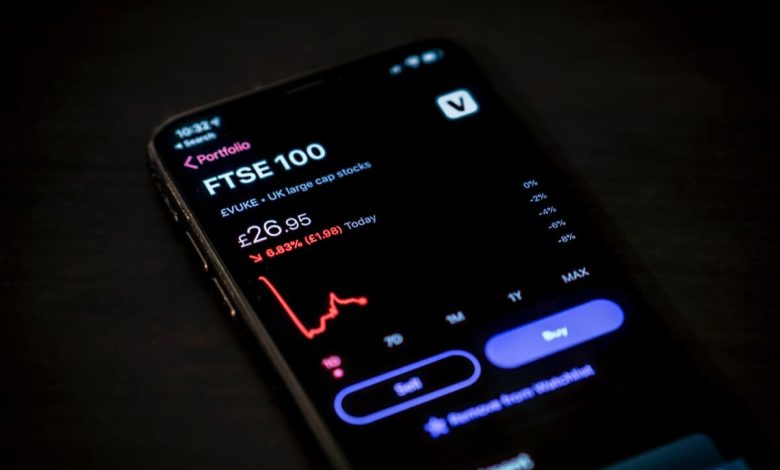Stock market roller coaster comes with deadly consequences, study shows

China’s SHANGHAI The fluctuations in the stock market can be having a significant influence on your health in addition to your pocketbook. There is a concerning correlation between stock market volatility and a higher risk of heart attacks, strokes, and even suicide, according to a recent study from Fudan University in China.
More than 12 million deaths in China were examined for the study, which was published in the journal Engineering between 2013 and 2019. What they found was startling: there was a discernible rise in suicide and major cardiovascular event mortality on days when the stock market had notable fluctuations, either up or down.
This influence extended beyond large-scale collisions or explosions. Increased mortality risks were linked to even daily changes in stock values. For instance, there was a 0.74% to 1.04% increase in fatalities from cardiovascular events, such as heart attacks and strokes, for every 1% decline in a major Chinese stock index. The most concerning finding may be that a 1.77% rise in suicides was linked to the same 1% decline.
Notably, there was more than one connection between market downturns and health concerns. Suicides and cardiovascular fatalities increased on days with notable gains in the stock market, albeit usually less than on days with losses. This implies that any significant market movement, whether positive or negative, can be stressful and exciting, which can have a negative impact on health.
Ya Gao and Peng Yin, the study’s principal authors, and their associates looked at more than simply the daily closing prices. They also looked at the degree of daily volatility in stock prices. Even after taking into consideration the overall daily fluctuation, these intra-day oscillations were also associated with increased mortality risks. This suggests that even if the market closes the day around where it began, a tumultuous trading day might still be unpleasant.
Although the study was carried out in China, its ramifications probably go much farther than that. China boasts the second-biggest stock market globally, with a notably elevated share of individual investors in contrast to institutional investors. This implies that a sizable segment of the public may be disproportionately affected psychologically by changes in the stock market.
The researchers hypothesise that the acute psychological stress brought on by stock market volatility is probably what’s responsible for the elevated health risks. Even on paper, unexpected financial increases or decreases can cause a great deal of mental stress. Stress has the potential to set off a series of physiological reactions in the body that raise the risk of cardiovascular events. These reactions include alterations in heart rate, blood pressure, and inflammation levels.
When it comes to mental health, the stress of market volatility can intensify depressive and anxious sentiments, which may lead susceptible people to consider or act on suicide. The research demonstrated the significant psychological effects that financial stress may have by showing a particularly strong correlation between stock market declines and an increased risk of suicide.
It seemed that some populations were more susceptible to these health hazards. The risk of mortality was shown to be higher in men, people 65–74 years old, and people with less education when stock market volatility was present. This could be caused by a number of things, such as increased stock market participation, riskier financial circumstances, or a decreased capacity for handling financial stress.
The study’s conclusions have significant ramifications for financial and public health policy. They contend that actions to lessen stock market volatility or assist people in coping with the stress it causes could have a major positive impact on one’s health. This could involve better access to mental health facilities, better financial education, or regulatory adjustments to lessen volatile market fluctuations.
The study emphasises how crucial it is for people to keep a perspective on their investments. Although it’s normal to have anxiety when there are changes in your finances, it’s important to keep in mind that short-term market swings don’t necessarily indicate long-term financial health. Learning stress-reduction strategies and getting help when required can help reduce the health hazards related to market volatility.
In the end, this study is a harsh reminder of the close relationship between our bodily and financial well-being. When navigating the frequently choppy waters of the stock market, we must never forget to put our general health as well as our financial well-being first.




